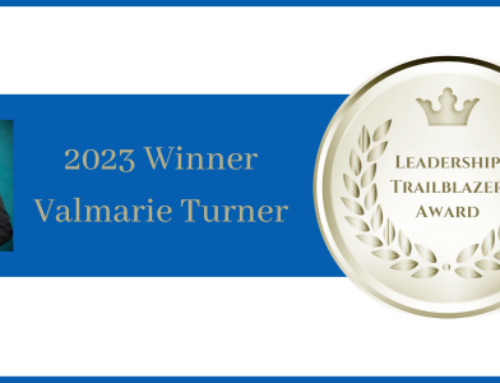Movie reveals lessons for local governments and the elected officials who govern them
By Leisha DeHart-Davis, PhD, University of North Carolina at Chapel Hill
The hit movie Hidden Figures tells the story of four brilliant people — Dorothy Vaughan, Mary Jackson, Katherine Johnson and Christine Darden — who, in the 1950s, advanced the state of computing and space travel for the National Aeronautics and Space Administration. The achievements of these experts were remarkable for many reasons, including that fact that they were women and African American. And that they achieved so much during a time when women rarely worked outside of the home and the civil rights movement was in its early stages.
If you haven’t seen the movie, you should. Not only for the superb acting and compelling story, but for the lessons it holds for local governments and the elected officials who govern them. You see, Hidden Figures is really the story of what happens when a talent pool is artificial, meaning that it does not include all available talent because, by design or accident, it excludes women and people of color.
Local government management today has a hidden figures problem. In North Carolina, women comprise 21 percent of county managers and 20 percent of city managers. And while we lack an official tally for managers of color (UNC/ELGL Diversity Dashboard Project), a stroll through our state city-county manager’s conference suggests we need more racial diversity in the leadership ranks. Which means that our communities are not pulling from the best talent pool.
Talent pools can be artificial for a number of reasons, one of which pertains to our mental images of what leaders should look like. Research tells us that people generally envision slightly older tall white men when they picture a leader. This automatic thinking becomes problematic when we evaluate potential candidates for leadership positions. The slightly older taller white males will have an automatic edge, despite the fact that the better leader – the one who would do great things for the community – may not be slightly older or white or male. She may be a 30-year-old African American woman; he may be a 35-year-old Latino man.
The good news is that this automatic thinking can be addressed: hiring bodies can test themselves on implicit bias. Resumes can be blinded for the first round of reviews, so that the resume does the talking. Search firms can be asked to drum up a gender and racially balanced pool of applicants. Hiring committees can post images of women, people of color and white men in leadership positions during their deliberations
But doing so takes intentionality. It takes women and people of color willing to step up to the plate and pursue the top positions. It takes research and education on diversity dynamics in local government to develop strategies for moving the field forward. And it takes elected officials who realize that there are Hidden Figures in local government, people who will make exceptional leaders regardless of their skin color or gender.
____________________
Leisha DeHart-Davis joined the UNC School of Government in 2012. She was named Albert and Gladys Hall Coates Distinguished Term Associate Professor for 2015–2017. She directs Human Capital Matters, a line of programming for human resource professionals in NC local government, and co-directs Engaging Women, a program that seeks to equip women to pursue public service leadership positions. DeHart-Davis was named a Top 100 Local Government Influencer by the Emerging Local Government Leaders Network in 2016. She teaches human resource management and the portfolio course in the School’s Master of Public Administration program. Her book, Creating Effective Rules in Public Sector Organizations, will be published by Georgetown University Press in early 2017. She chairs the board of advisors to Arizona State University’s Center for Organizational Research and Design and the Public and Nonprofit Division of the Academy of Management. She also serves on the board of the Public Management Research Association. DeHart-Davis holds a PhD in public policy from the Georgia Institute of Technology.






